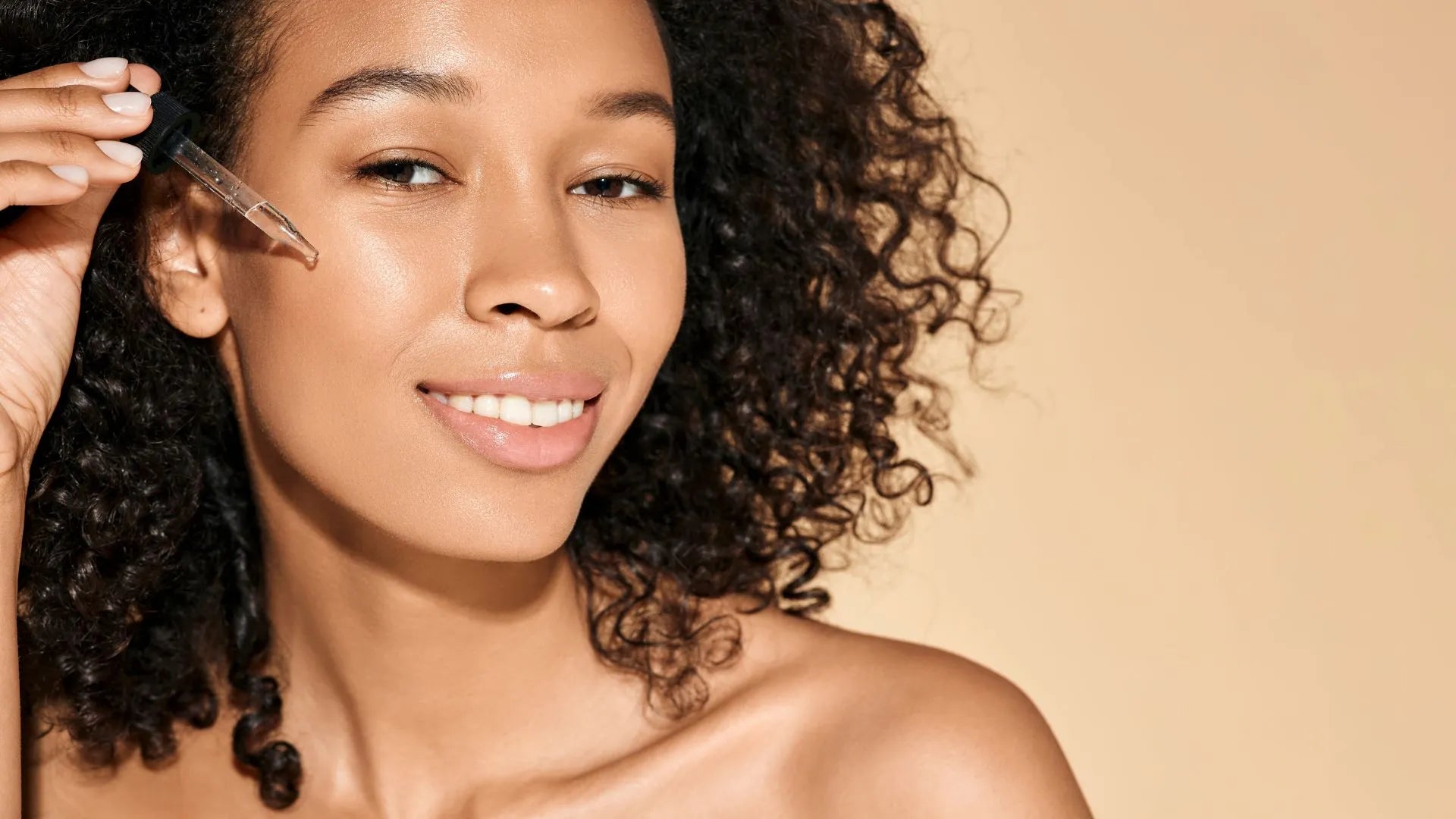Dealing with acne can be frustrating and finding the right skincare routine can be overwhelming. Two of the most effective ingredients for managing breakouts are benzoyl peroxide and retinol. However, there is often confusion about whether these two ingredients can be used together. In this article, we will explore the benefits and considerations of using benzoyl peroxide and retinol for acne.
The Power of Benzoyl Peroxide and Retinol
Benzoyl peroxide and retinol are both highly recommended by dermatologists for managing acne. Benzoyl peroxide works by killing the bacteria that causes acne and reducing inflammation. It is particularly effective for treating inflammatory acne, which is characterized by deep, red, and painful breakouts.
Retinol, on the other hand, is a form of vitamin A that helps stimulate skin cell turnover, unclog pores, and reduce the appearance of acne scars. It is also known for its anti-aging benefits, making it a popular choice for those dealing with both acne and fine lines.
The Compatibility of Benzoyl Peroxide and Retinol
While both benzoyl peroxide and retinol are powerful acne-fighting ingredients, using them together may not always be recommended. Dermatologists often advise against combining these two ingredients due to their opposing qualities.
Benzoyl peroxide is an oxidizer, which means it can reduce the antioxidant efficacy of retinol. This can potentially diminish the benefits of using retinol for acne and other skin concerns. Additionally, both benzoyl peroxide and retinol can cause skin irritation, leading to dryness, redness, and increased cell turnover.
It is generally advised to use benzoyl peroxide and retinol independently, either on different nights or at different times of the day. This allows each ingredient to work effectively without interfering with one another. If you do choose to use them together, it is important to start with a low concentration of benzoyl peroxide and gradually increase it to minimize the risk of irritation.
Alternatives to Combining Benzoyl Peroxide and Retinol
If you are concerned about using benzoyl peroxide and retinol together, there are alternative options available to address your acne concerns. Here are a few alternatives you can consider:
- Salicylic Acid: Salicylic acid is another effective ingredient for treating acne. It helps unclog pores, reduce inflammation, and exfoliate the skin.
- Facial Serums: If you prefer using serums in your skincare routine, look for ones that specifically target acne. There are many serums available that contain ingredients like niacinamide, tea tree oil, or hyaluronic acid, which can help manage breakouts.
- Adapalene: Adapalene is a topical retinoid that is available over-the-counter. It is known for its effectiveness in treating acne and can be a good alternative to using benzoyl peroxide and retinol together.
Takeaways
In conclusion, while benzoyl peroxide and retinol are both powerful ingredients for managing acne, it is generally recommended to use them independently. Their opposing qualities and potential for skin irritation make it challenging to combine them effectively. However, there are alternative options available, such as salicylic acid, facial serums, and adapalene, which can provide similar benefits for acne-prone skin. Remember to always consult with a dermatologist to determine the best skincare routine for your specific needs.






